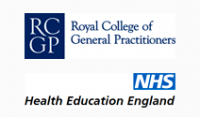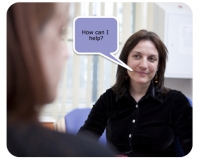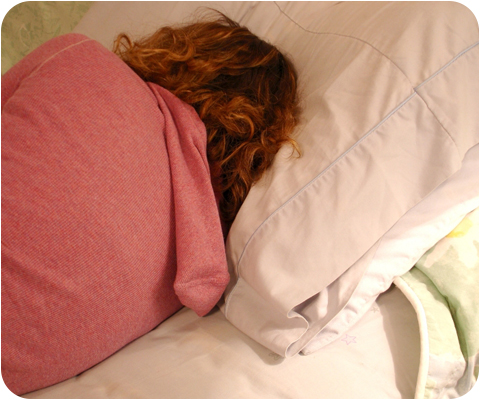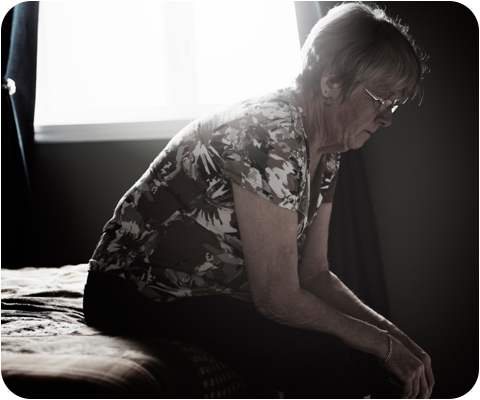Medically Unexplained Symptoms course



This session aims to explain what medically unexplained symptoms (MUS) are and how best to help patients who suffer from them. It describes how to assess patients holistically, how to effectively communicate with patients about their symptoms and how to help them feel empowered to self-manage their symptoms as much as possible. It also discusses the importance of the doctor having support available to them if needed due to the complexity of some of these consultations.
Learning Objectives
By the end of this session you will be able to:
- Recognise the difference between MUS, functional and dissociative neurological symptoms, functional somatic symptoms, functional somatic syndromes and somatisation disorder
- Identify the appropriate consultation skills needed to effectively support and manage patients with MUS in primary care
- Describe a holistic approach to assess the impact of MUS on the patient's life
This session uses self assessments that help you check what you have learnt.
Before commencing this session you should:
- Have some knowledge of mental health problems and a curiosity to look beneath the surface of a patient's presentation and consider the complex factors underlying it
Dr Magnus is the Clinical Support Fellow for Mental Health for the Royal College of General Practitioners. She completed her MRCGP in 2013 and now works as a salaried GP in North London. Dr Magnus studied medicine at Edinburgh University and intercalated in psychology: her dissertation was on how empathy in medical students relates to exam results. She is involved in undergraduate medical student teaching at Imperial University.


Liz England is a salaried GP working in a busy inner city practice in Birmingham, and a Mental Health Clinical Lead for SWB CCG. She qualified in 2004 and has worked in this practice from 2005. Her interests include all age mental health, learning disabilities and teaching medical students.
Until recently, she was involved in research as an academic GP at the University of Birmingham, where she completed her PhD on First Episode Psychosis. She has been published in several books and journals and has been the recipient of a number of NIHR awards. She is now focusing on clinical commissioning of mental health services with SWB CCG. She is also the current RCGP Mental Health and Whole Person Care lead and co-chairs the Joint Commissioning Panel for Mental Health.


- Anaesthesia Fundamentals | Physiology | Physiology...
- Posted By eIntegrity Healthcare e-Learning
- Posted Date: 2024-12-26
- Location:Online
- This session covers the physiology of exercise including the role of cardiopulmonary exercise (CPX) testing.
- Anaesthesia | Paediatrics | Appendicectomy and Lap...
- Posted By eIntegrity Healthcare e-Learning
- Posted Date: 2024-12-26
- Location:Online
- This session explains the key components relevant to the anaesthetist in the perioperative management of a child undergoing urgent appendicectomy and laparotomy.
- Anaesthesia | Paediatrics | Postoperative Fluid Ma...
- Posted By eIntegrity Healthcare e-Learning
- Posted Date: 2024-12-26
- Location:Online
- This session describes postoperative fluid management in children and the clinical response to specific conditions which may arise.
- Anaesthesia | Paediatrics | Anaesthesia for a Chi...
- Posted By eIntegrity Healthcare e-Learning
- Posted Date: 2024-12-26
- Location:Online
- This session will outline the principles of anaesthesia for children with cerebral palsy presenting for elective surgery. It will cover how the severity of cerebral palsy directly affects the techniques chosen
- Anaesthesia | Paediatrics | Monitoring and Titrati...
- Posted By eIntegrity Healthcare e-Learning
- Posted Date: 2024-12-26
- Location:Online
- The aim of this session is to put your theoretical knowledge to practical use, by working through a series of scenarios relating to fluid management in children.







